Australia to offer reparations to 'Stolen Generation' of indigenous people
Australia says it will provide a reparation fund of 380 million Australian dollars ($280 million) for some members of its indigenous population who were forcibly removed from their families as children.
Australia's Prime Minister Scott Morrison made the announcement during a speech to parliament about the so-called "Stolen Generation" on Thursday, saying the payments were aimed at redressing the human damage of the assimilation policy.
"What happened is a shameful chapter in our national story," Morrison said, adding, "We have already confronted it with the national apology but our deeds must continue to match our words."
He went on to say that the tales of the suffering caused were "not simply stories of the past but stories that continue to reverberate through the generations."
More than 100,000 indigenous children were forcibly taken away from their families by governments, churches, and welfare bodies since Australia's colonization began in 1788. They were instead raised in institutions or adopted by non-indigenous families, and stripped of their culture and language under official "assimilation" policies that persisted into the 1970s. The affected children are known as the Stolen Generation.
The removal of the children devastated the community, with lasting intergenerational trauma that is still felt today through broken family ties, fragmented identity, and a large number of indigenous children in state care.
In 2008, former Prime Minister Kevin Rudd led a landmark parliamentary apology to members of the Stolen Generation and described the practice as a "great stain on our nation's soul."
The reparations will cover those who are still alive and were under 18 and removed from their families while living in the Australian Capital Territory, which is home to the capital Canberra, and Jervis Bay territory, as well as Northern Territory.
Eligible survivors will receive a one-off 75,000-Australian-dollar ($55,387) payment for the harm caused by their forced removal, plus a further 7,000 Australian dollars ($5,169) to support their healing. They will also have the opportunity to tell their stories to a senior government official and receive a face-to-face or written apology.
"This is a long called-for step, recognizing the bond between healing, dignity, and the health and well-being of members of the Stolen Generation, their families, and their communities," Morrison said. "To say formally, not just that we're deeply sorry for what happened, but that we will take responsibility for it."
Campaigners for the rights of indigenous Australians, who remain heavily disadvantaged in terms of health, income, and education, welcomed the announcement but said it had been long overdue.
Fiona Cornfort, CEO of Healing Foundation, a representative group for some members of the Stolen Generation, said, "It's something, but it's not everything. It won't provide that end state of a healed nation, but there is hope."
Some other Australian states have set up redress schemes but the federal government had not followed suit until now. The latest development comes amid mounting criticism and moves to seek compensation through courts by indigenous groups in Australia.
In April, 800 survivors in the Northern Territory filed a class action lawsuit against the federal government in the New South Wales Supreme Court seeking compensation, covering a period ranging from 1910 to the 1970s.
Australia's indigenous people now make up only about three percent of the total population of the country of approximately 25 million. They lived in Australia prior to European colonization and are now the most downtrodden people in society. They suffer from poor health, illiteracy, unemployment, and subsequently lower life expectancy.
This comes as public outrage is growing over the grim discovery of hundreds of unmarked graves at former "residential schools" in Canada that native children were forced to attend.
The findings have reopened old wounds in Canada regarding the notorious residential schools, which were mostly operated by the Roman Catholic Church on behalf of the government of Canada during the 19th and 20th centuries.
In all, 130 boarding schools forcibly separated more than 150,000 indigenous children from their families and had them attend state-funded schools in a campaign aimed at forcibly assimilating the minors into Canadian society. An estimated 6,000 First Nation children died while attending those schools. Under pressure, the Canadian government formally apologized in 2008.
CENTCOM confirms US troops killed in Iran’s retaliatory strikes
China ‘strongly condemns’ US-Israeli assassination of Iran’s Leader
Iran sees no limits in defending itself after Leader's ‘dangerous’ assassination: FM
IRGC strikes USS Abraham Lincoln aircraft carrier with volley of ballistic missiles
Iranian armed forces to pulverize US bases across the region: Pezeshkian
Enemy will take dream of enslaving the Iranian nation to grave: Army chief
IRGC launches largest barrage of missile strikes at Israeli occupied territories
Assassination of Ayatollah Khamenei ‘open war against Muslims’: Pezeshkian


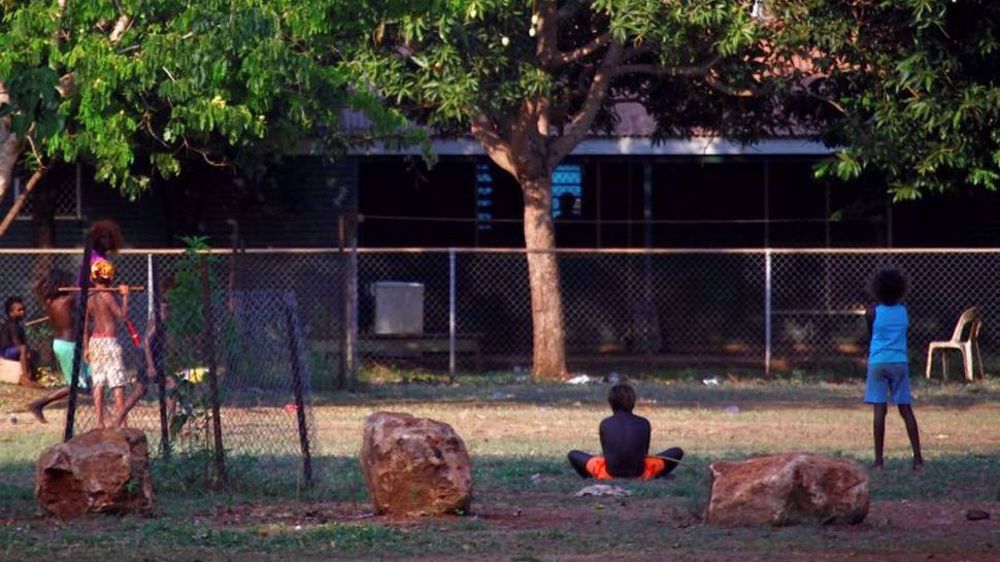
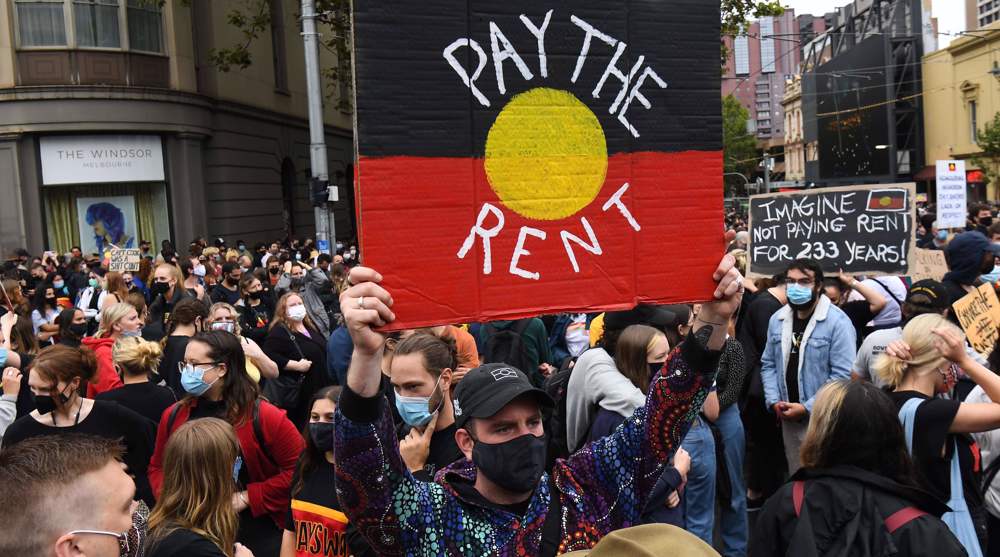
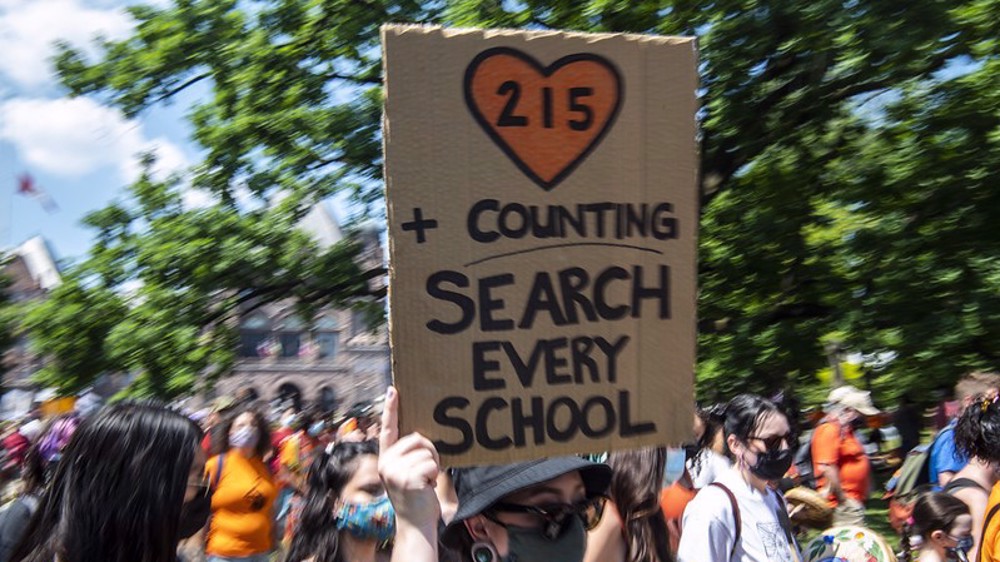






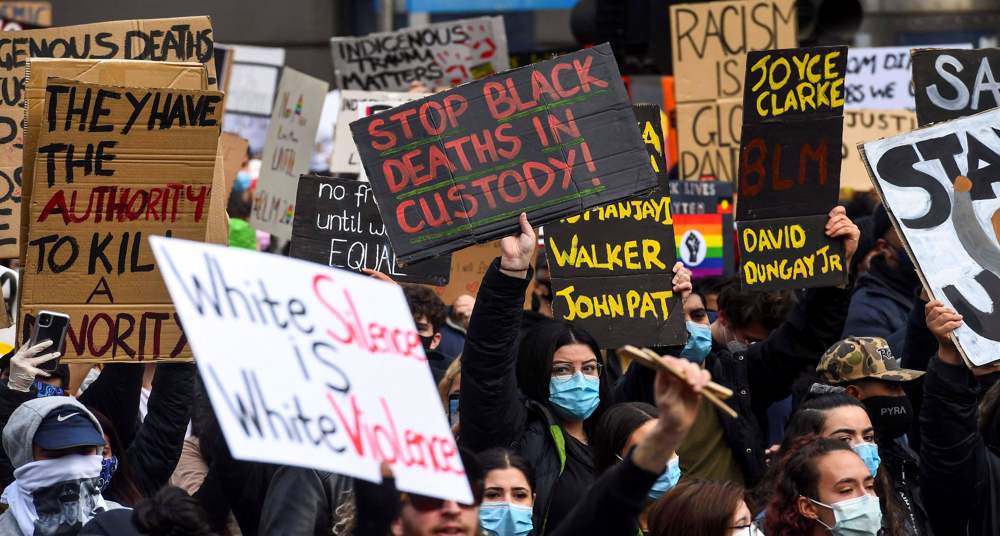
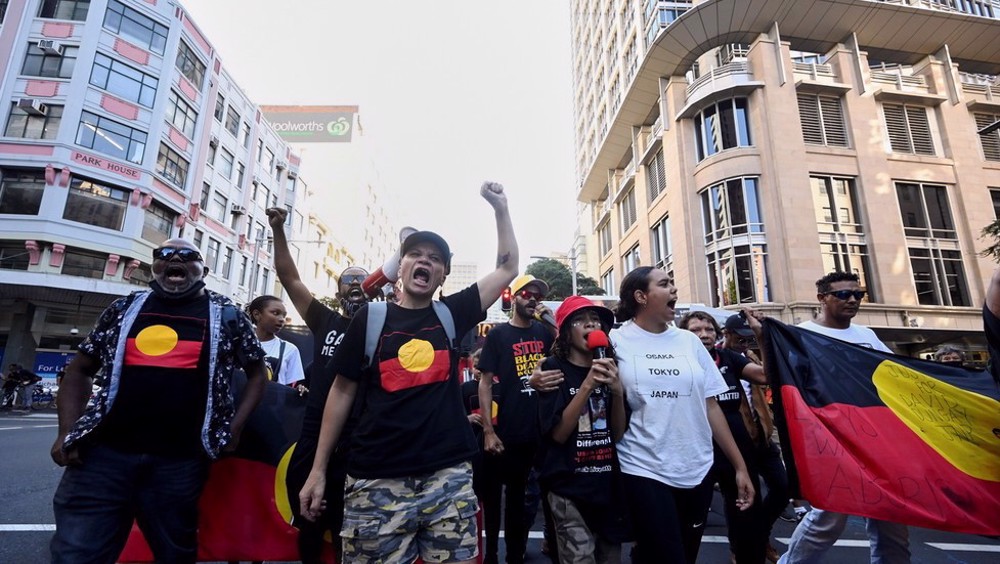
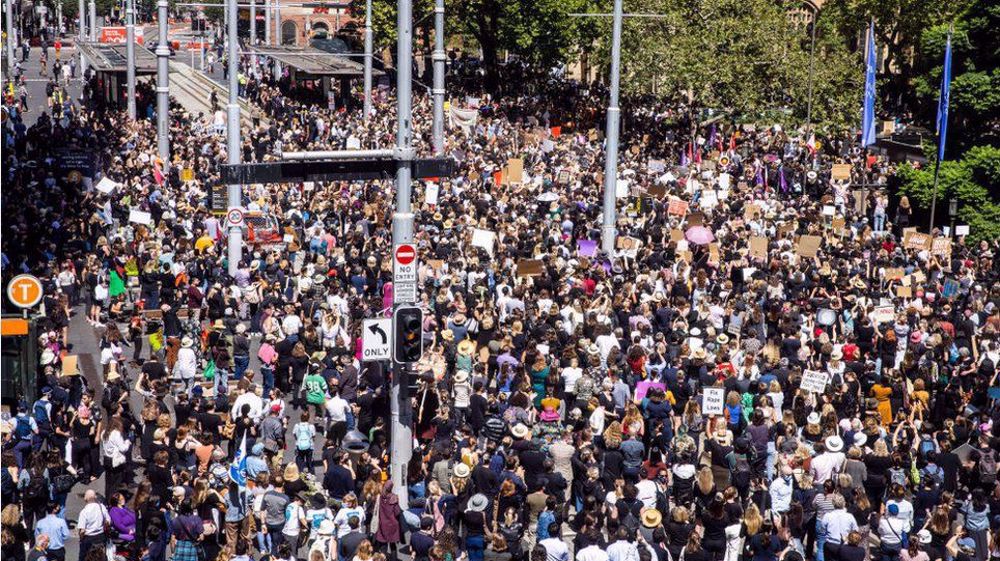

 This makes it easy to access the Press TV website
This makes it easy to access the Press TV website